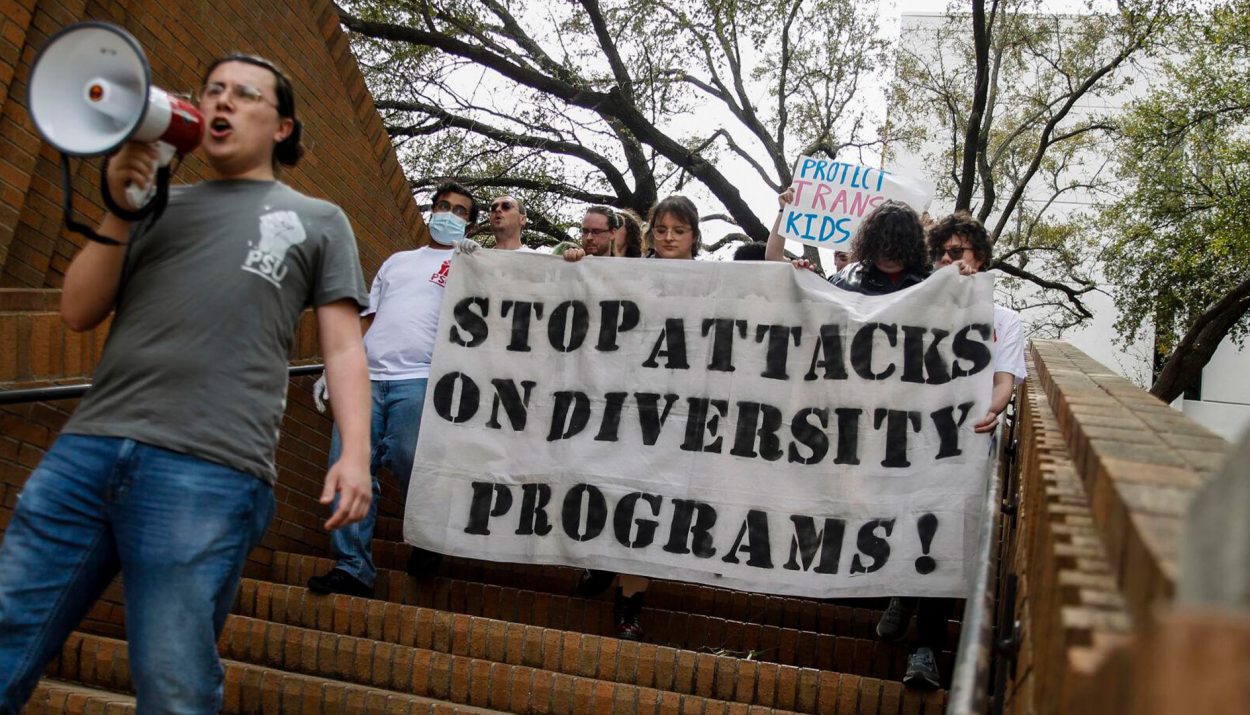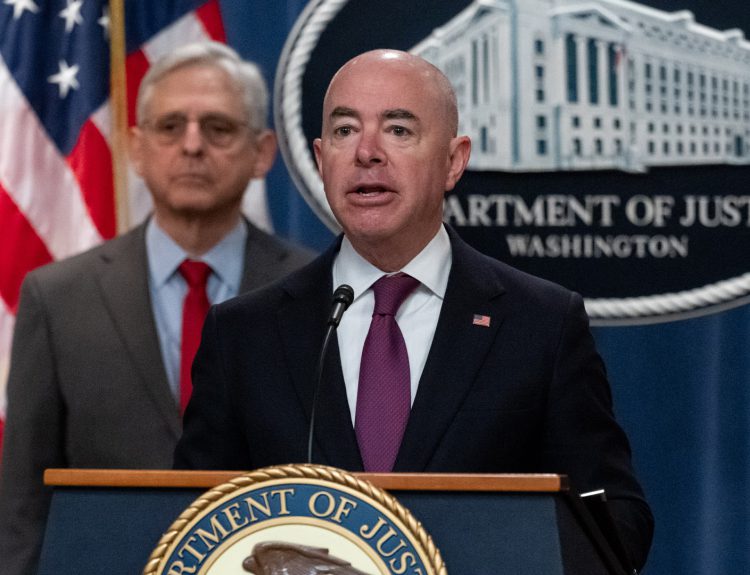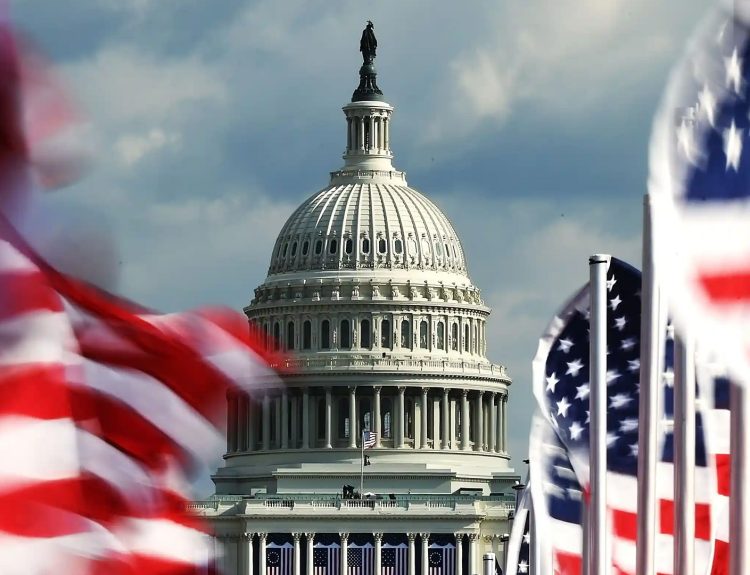The diversity, equity and inclusion (DEI) movement has recently dominated the social and political landscape, shaping policies and practices in universities, corporations, and government institutions. However, there are signs that DEI initiatives may have peaked and could be on the decline.
While the DEI movement is not dead, these events suggest its peak influence may have passed. However, its proponents will likely continue advocating for the societal redesign DEI envisions, clinging to power and seeking new ways to implement its ideological vision. Though well-intentioned, DEI’s totalitarian methods and dubious assumptions about society threaten freedom and meritocracy.
DEI Unraveling: Bans and Staff Cuts
DEI programs have faced significant setbacks recently, signaling a reversal in the diversity movement. Five states have passed laws banning certain DEI practices, particularly those framing the U.S. as an inherently racist country. Corporations like Google have also cut DEI staff. These actions reflect growing criticism that DEI promotes ideological conformity and discrimination.

As Rufo argues, DEI results from a decades-long effort to spread progressive values through institutions. However, the uniform thinking behind concepts like intersectionality has proven untenable, as different marginalized groups have conflicting interests. The idea that all oppressed people must support each other collapsed when liberals could not support Hamas, a genocidal terrorist group, in the name of anti-colonialism.
Students for Fair Admissions v. Harvard
The tide of legal challenges facing diversity, equity and inclusion (DEI) initiatives culminated in Students for Fair Admissions v. Harvard. In 2014, the non-profit Students for Fair Admissions sued Harvard University, alleging that its race-conscious admissions policy discriminated against Asian Americans.

The U.S. District Court in Boston ruled favor of Harvard in 2019, finding that its admissions policy was “narrowly tailored” and did not amount to racial balancing. However, the U.S. Court of Appeals for the First Circuit overturned this decision in 2020, finding that the District Court had not properly applied the strict scrutiny standard to Harvard’s policy. The case is now pending before the U.S. Supreme Court.
DEI as a Long March Through Institutions
Proponents of DEI have promoted concepts like intersectionality, which categorizes people as oppressors or oppressed based on their race, gender, sexual orientation, and other attributes. Intersectionality fosters a rigid conformity of thought that labels dissent as a sign of privilege or bigotry.
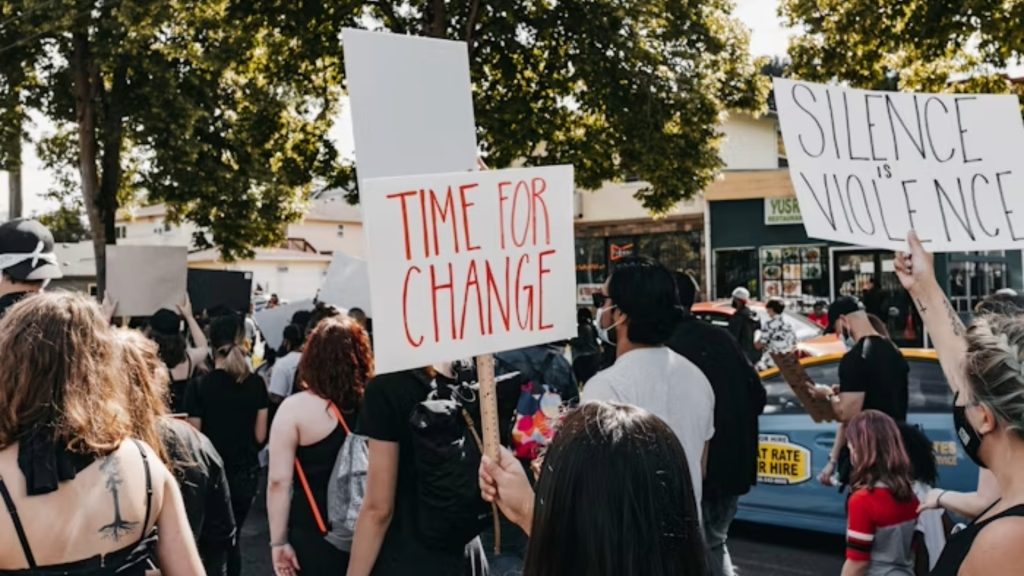
DEI advocates have pushed for discriminatory policies like college admissions based on race, as well as the proliferation of “preferred pronouns” and gender-neutral facilities. The DEI movement aims to implement a utopian redesign of society through increasing government control and central planning. However, as history has shown, such radical reengineering of society by self-appointed elites often descends into authoritarianism.
Intersectionality and its Pitfalls
Intersectionality, a core tenet of diversity, equity and inclusion (DEI) initiatives, posits that people can face multiple layers of discrimination due to their overlapping identities. However, the concept of intersectionality within DEI has faced numerous challenges.
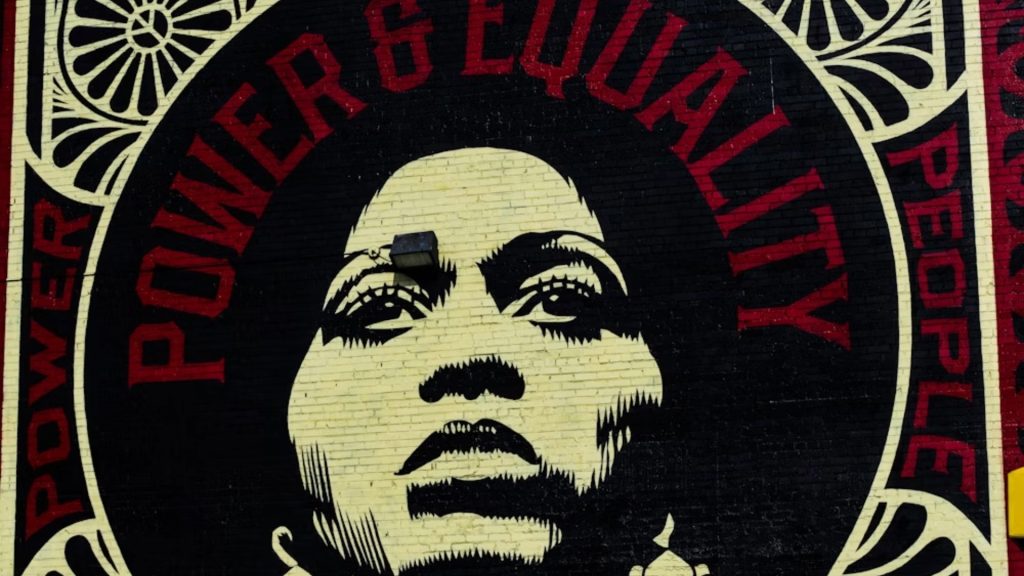
Theoretically, intersectionality assumes all oppressed groups will support each other. However, in reality, the interests and goals of different marginalized groups can conflict. In practice, implementing intersectionality has proven difficult. DEI programs that aim to remedy discrimination against one group can end up disadvantaging others.
ESG Peak and Larry Fink’s Remarks
BlackRock CEO Larry Fink announced the firm would cease using the term “ESG” in its investment strategy, stating it had become “entirely weaponized.” His remarks signaled the downfall of Environmental, Social and Governance investing, which had reached its peak in mid-2021.

Most concerning was the coercive societal redesign underlying ESG and related Diversity, Equity and Inclusion programs. Activists sought to reshape society based on progressive ideologies like critical theories and Marxism.
ESG Performance Questions
A recent study from Boston University has raised concerns about the performance of environmental, social and governance (ESG) funds. The study found “no reliable evidence for the proposed link between sustainability and financial performance.” This calls into question claims by companies like BlackRock, which has been labeling funds as “sustainable” or “ESG” and charging higher fees, despite lackluster performance.
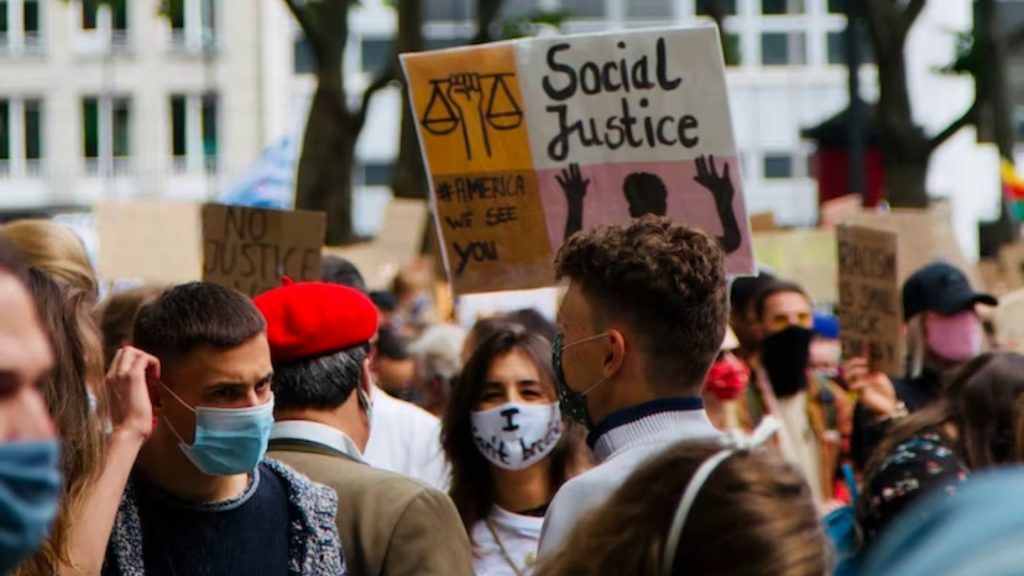
Some critics argue that ESG investing has a “devious underlying agenda” of reshaping society according to progressive ideals. They see ESG as a tool for activist investors and companies to push ideological agendas under the guise of ethics and social good. However, the reality is that ESG funds have failed to consistently outperform the market or prove their sustainability claims.
Offensive Underlying Agendas: Societal Design
In recent years, the drive for diversity, equity, and inclusion (DEI) has been criticized as a surreptitious effort to radically redesign society. According to some analysts, the true objective behind DEI initiatives is to reshape the world into a utopian collective run by self-proclaimed progressive elites.
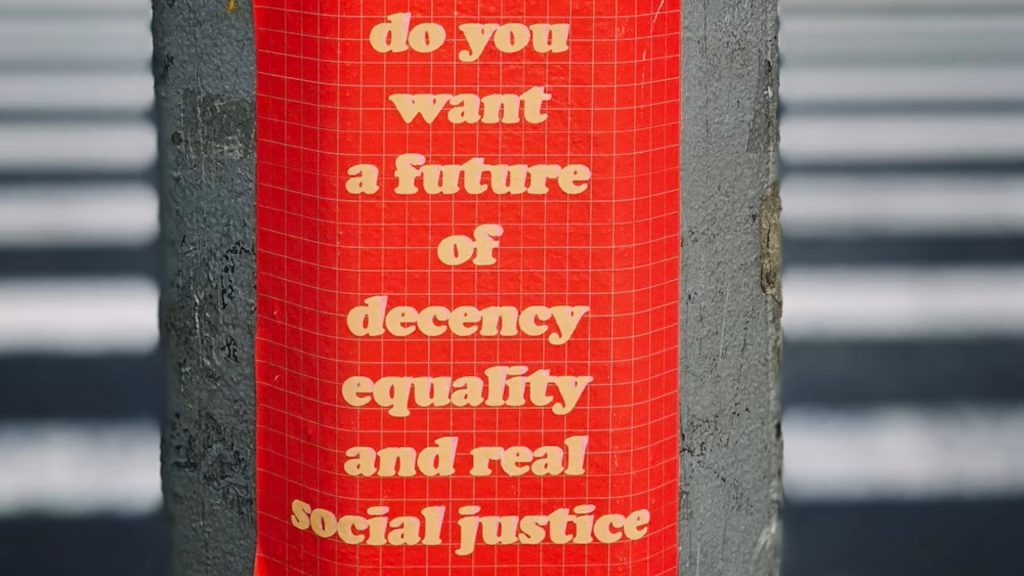
These elites employ critical theories and Marxist techniques to seize power from citizens and concentrate it within an authoritarian government. DEI proponents envision an idealistic society of communal progress. However, history demonstrates that this vision is unrealistic because absolute power inevitably corrupts.
Marxist Techniques and Critical Theories
Marxist ideologies and critical theories have infiltrated diversity, equity, and inclusion (DEI) initiatives with the goal of reshaping society. These techniques aim to gain power through the spread of beliefs that certain groups are oppressed or disadvantaged. Proponents then use this power to implement their vision of an ideal society.

They then use this narrative to justify gaining control over institutions to reshape society in line with their vision. For instance, in a 2017 interview, the CEO of BlackRock admitted the company would use DEI to “force behaviors” related to “gender or race” in corporations. However, history shows that those who gain power through promises of an ideal society often become authoritarian.
Progressive Societal Design
Progressive societal designs aim to reshape society into an envisioned utopia of communal progress. However, the feasibility of such designs is questionable, given historical examples of their failure and descent into authoritarianism.

Though proponents believe in communal progress, progressive designs rely on government intervention and control. They fail to recognize that free markets, transmitting information through price signals, better match production with human desires than central planning.
Depopulation Goals and Environmental Myths
The progressive movement’s goals related to depopulation and environmentalism are often based more on ideology than facts. One goal of progressive societal design is to shrink-depopulation. The myth that overpopulation is an imminent crisis has been used to push policies discouraging child-rearing.
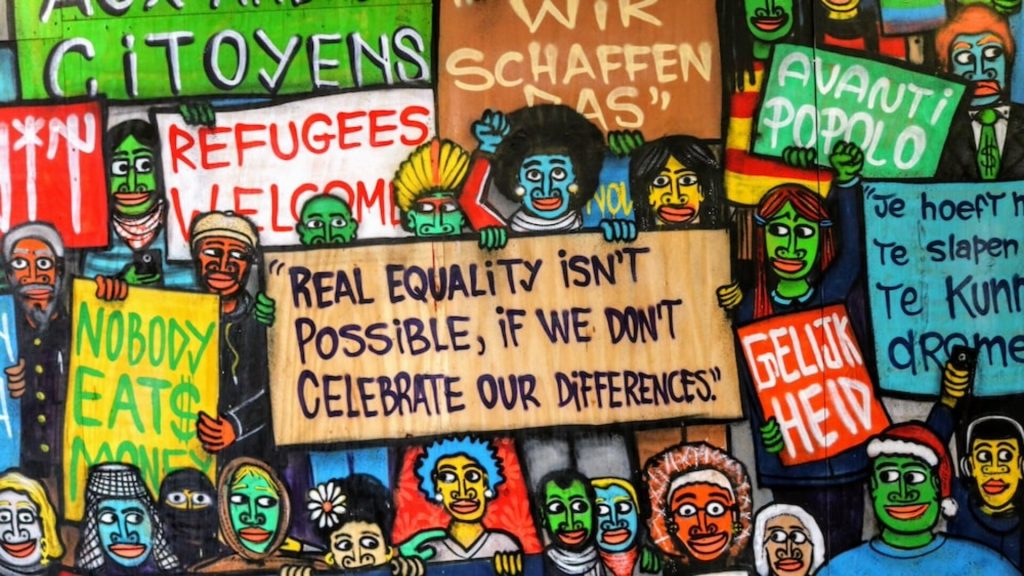
Similarly, certain environmental myths portray carbon emissions and livestock as unequivocal evils in order to advance an agenda of “net zero” resource use and transitioning to plant-based diets. While diversity and equity are noble goals, the means by which “diversity, equity and inclusion” (DEI) initiatives have been implemented are deeply flawed.
Manipulation of Freedom
The diversity, equity and inclusion (DEI) movement sought to control and manipulate society by enforcing uniformity of thought. Under the guise of inclusiveness, DEI initiatives systematically dismantled freedoms and imposed ideological conformity.
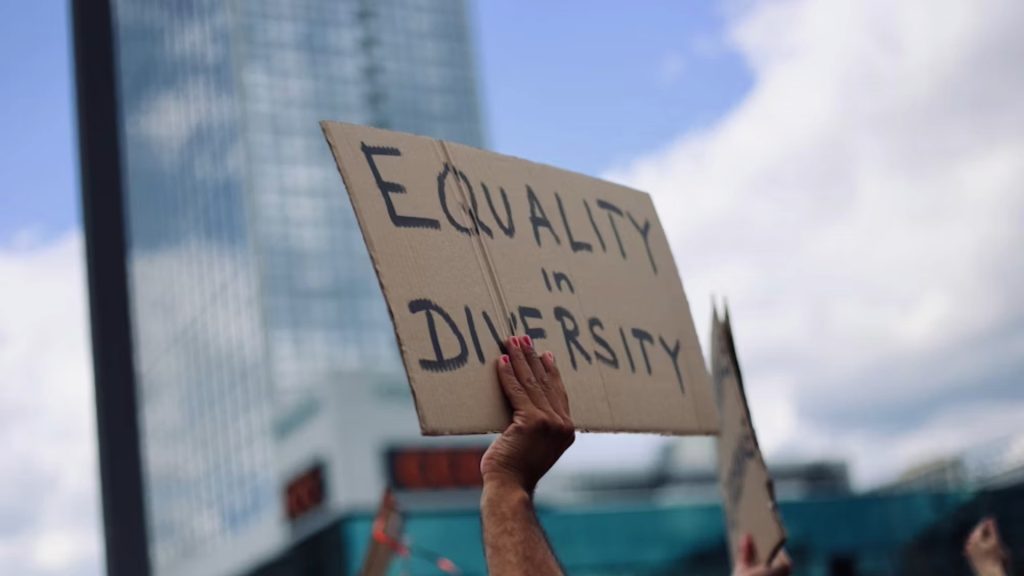
DEI’s hidden agenda was societal manipulation and control. Activists envisioned a utopian society run by self-declared progressive elites who would strip power from citizens and enforce their radical vision. Diversity meant conformity, equity meant discrimination, and inclusion meant blurring biological sex differences.
Authoritarian Turn: Intellectual Corruption
DEI and ESG initiatives reflect a broader agenda of “societal design” – the radical reshaping of social and economic structures according to progressive visions of equity, inclusion and sustainability. However, the control required to design society inevitably leads to authoritarianism and corruption.

The populist retreat from DEI and ESG is a rejection of authoritarian overreach and a defense of intellectual integrity. While proponents insist diversity, equity and sustainability are unassailable moral goods, Americans value freedom of thought and resistance to forced conformity.
Economics vs. Control Freaks
At their core, DEI initiatives aim to reshape society according to a progressive vision that favors collective goals over individual liberty and responsibility. While proponents claim to champion inclusion, diversity of thought is not tolerated. Dissenting opinions are met with accusations of privilege or cancellation.

Such authoritarian behavior is the inevitable result of ideologies that see government control, rather than free choice, as the path to utopia. In contrast, free market economics relies on the transmission of price signals to determine the allocation of resources according to the desires and needs of individuals.
Current State of DEI Movement
Laws banning certain DEI programs have been passed in five states, with more pending. Race-based college admissions and hiring practices are facing increasing legal scrutiny. The Students for Fair Admissions v. Harvard case questions whether Harvard’s race-conscious admissions policy violates civil rights law.
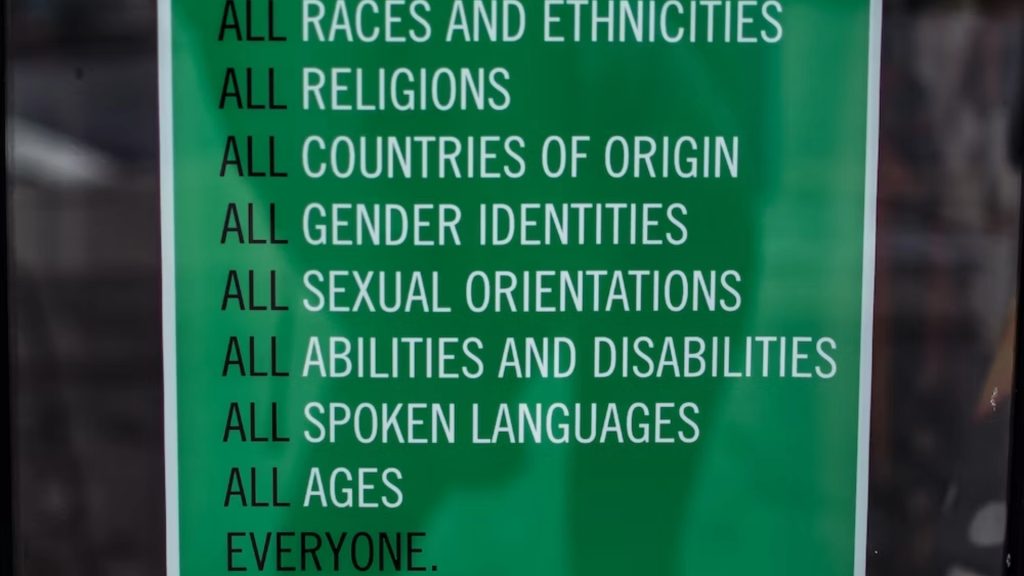
If the Supreme Court rules against Harvard, it could prohibit the consideration of race in college admissions. Major tech companies like Google have cut diversity staff and programs. DEI departments and roles are being dismantled or downsized in some organizations. Funding for certain diversity initiatives and partnerships has declined.
The Future of DEI
The future of diversity, equity and inclusion (DEI) initiatives is uncertain. While the DEI movement gained significant traction in recent years, there are signs it may have reached its peak and could be on the decline. Some analysts argue the DEI bubble has popped.

The future of DEI likely depends on finding the right balance. Extreme or mandatory policies may face backlash, but diversity, equity and inclusion will probably endure in some form because their core aims are morally right and socially beneficial. DEI goals could evolve to focus more on outcomes than optics and take a more constructive than accusatory tone.

